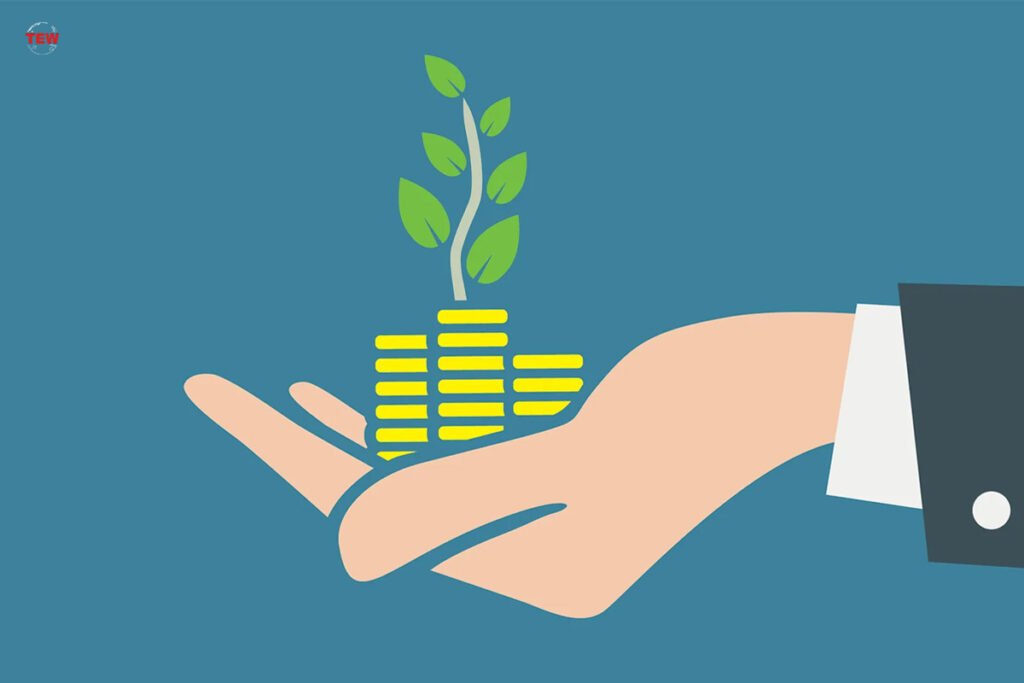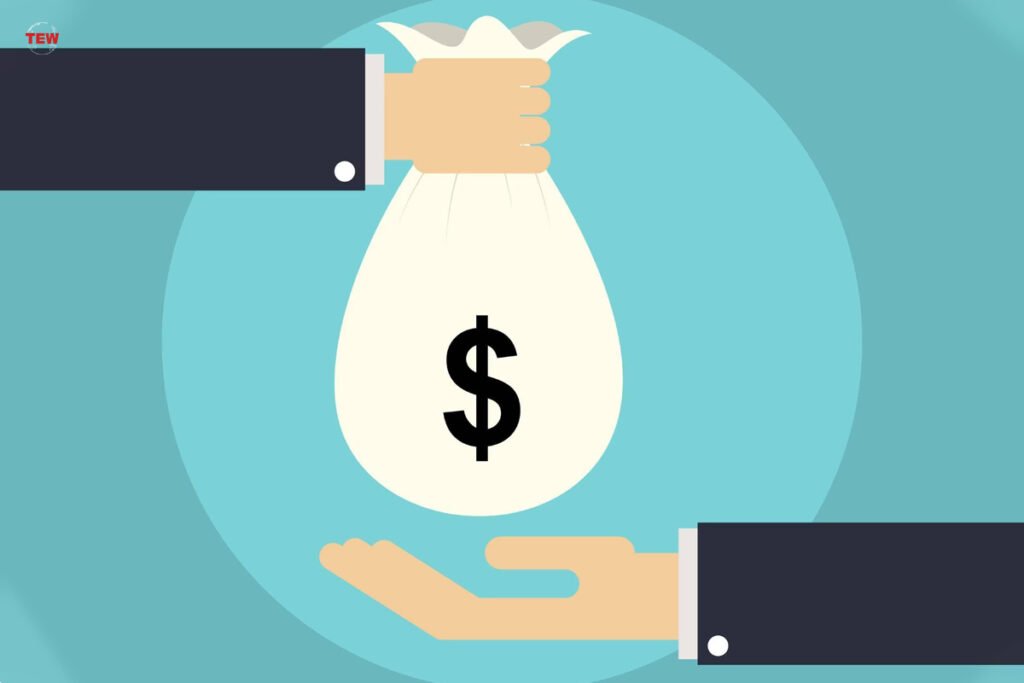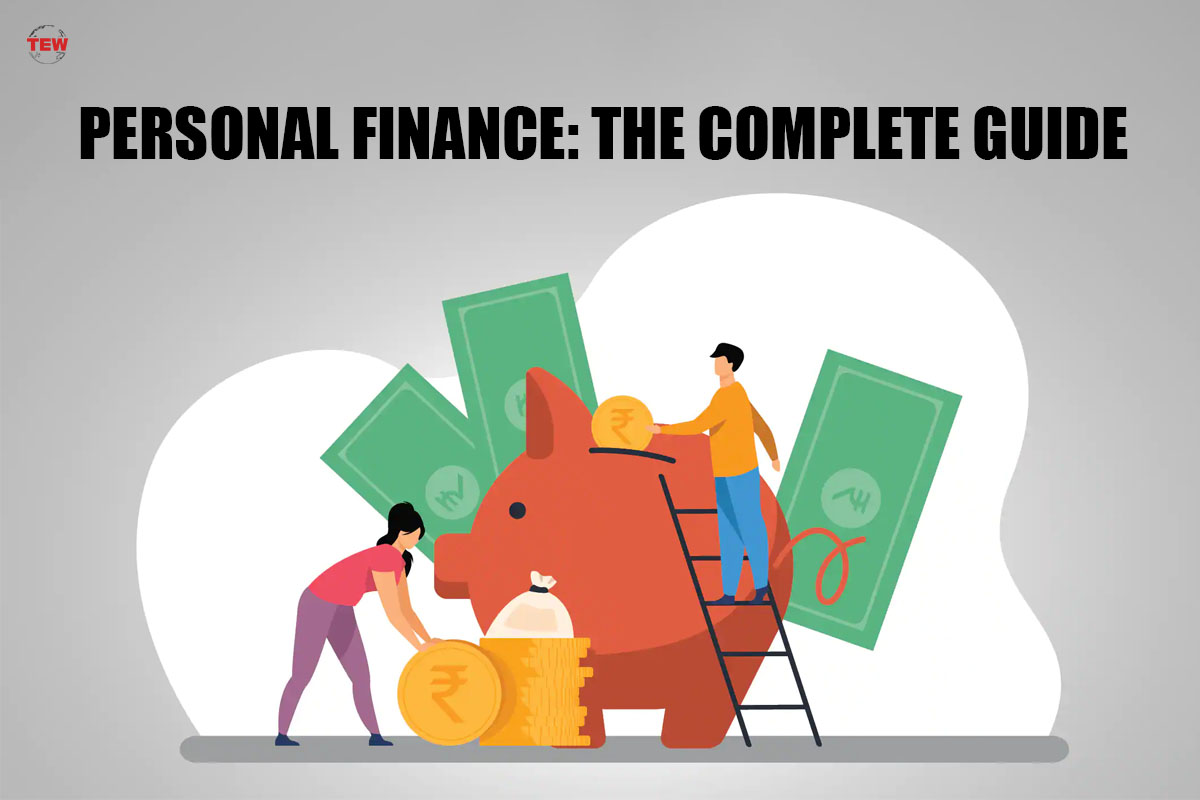Making a financially secure life for yourself is something of a daunting task for many of us. It requires you to know where you are financially, and where you want to be, and then, how to get there. Doing all this can be the difference between taking out a loan in Charlotte, and being able to save up for your dream car.
Some financial goals can take years, or longer to reach, but that is all part of planning your personal finance.
But, it is a big step, and we are here to help you on your way to taking it into Personal Finance:
1. What Is Personal Finance?
Let’s start off simple though, what is personal finance, and how does it differ from the rest of our finances?
Well, personal finance as a term covers all matters related to managing YOUR money. It could be as basic as simply tracking spending and then saving money. Or it could be complex like planning estates and taxation.
Personal finance is essentially every aspect of your financial life that affects you and you can control.
2. Why Is Personal Finance Important?
Managing money can be very challenging. Around 4 in 5 Americans admit to putting off financial choices, and most of those do so simply because they feel overwhelmed by it. However, it is important to tackle one aspect at a time, master it, and move on.
Personal finance is important as it covers some very important lifestyle stages, from making, and saving money, building up your wealth and protecting your assets.
3. Managing Personal Finance In Daily Life
Personal finance is an everyday problem in our lives. It is much more than just numbers on a screen or paper. Personal finance is actually at the very core of how you live your life to your own accord.
Managing cash, so you have more money to spare for fun, saving for your future, so you can be more adventurous with your career, and follow your dreams. Managing your personal finance and doing so well is both empowering and freeing, it relieves you of the chains and restrictions that financial problems come attached to.
4. Budgeting
One of the first steps to personal finance is understanding how to budget. There are various budgeting systems that you can use. You could use the 70/20/10 budget plan in a sticky situation, or perhaps the 50/30/20 plan.
All budgets share the same goal of helping you better manage your money, but each budget will require different things to help you reach it.
Building a budget means that you need to look at your incoming money and your outgoing cash flow and balance it out.
5. Managing Your Credit Score
Credit scores are also important. Even if you needed to borrow money, perhaps for a mortgage, your credit score would become the main deciding factor on your interest rate, and in some cases viability for the loan.
It is a number that lenders will use to determine if it is risky or not to lend to you. Your score will calculate your debt vs income to decide if they will lend to you and if so, at what interest rate.
Paying your bills on time and how much of your credit card limits you use will influence your credit score.
Building up a good score means that even when you do need to take out a loan, it will be at a reasonable rate, and you are more likely to get the loan you want.
6. Investing
Investing also plays a part in managing your finances. Buying stocks and shares, investing in real estate or other alternative investments are all influenced by your personal finances.

Retirement accounts are also investments, as is education, as it is an investment in your future. Ensuring you have enough money to do this, and that it will not be a damaging decision in the long-run for you is critical.
If you decide to invest in stocks, shares, bonds, or even cryptocurrency, choosing the right places to invest, and picking out the right websites/ companies to do this with is important to getting the most out of your investments.
7. Saving
Saving is a critical part of your personal finances. Saving money can include emergency funds, so when the worst happens you do not need to worry about having to take out a loan, or how you will survive financially.
Similarly, saving for things that you want like a new car, a house, education, a vacation, is all just as important. When you save, you also motivate yourself to be more financially responsible as you now have goals to reach as well.
Saving is not only good for you, but it is also a great motivational tool!
8. Borrowing
Knowing when and how to borrow money is important. Of course some things are unavoidable such as mortgages, student loans, and often auto loans as well. However, try to avoid other loans especially loans such as payday loans which can trap you in a spiral of debt.

When looking to borrow money ensure you shop around and get the best rate you can, and that you can afford the loan. Do the math before you agree to ensure that your personal finances will not suffer as a result.



